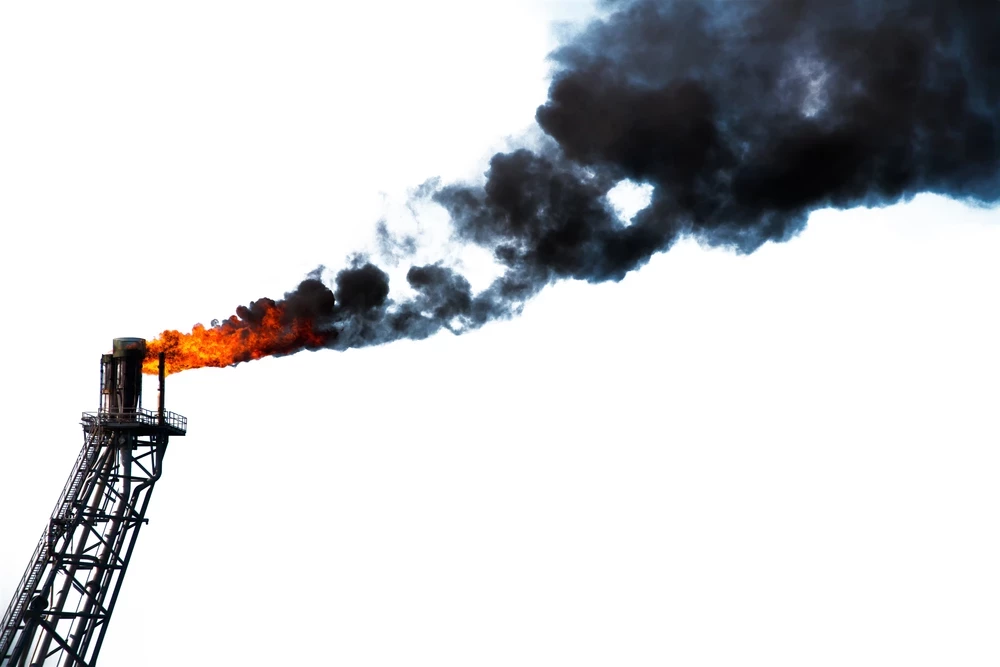In a year which saw extreme weather rise up the political agenda and the consequences of a changing climate starting to sink into our collective psyche, action to actually address the issue of rising levels of CO2 in the atmosphere remained limited.
With regards issue recognition and despite arguments about attribution, the Bloomberg Businessweek headline after Hurricane Sandy was a telling moment. But events such as this seem to have a short half life, so it remains to be seen how lasting this will be.
The principal policy instrument to trigger action, a price on CO2 emissions, did gain political traction and coverage, but its impact remained mute. Several jurisdictions introduced carbon pricing and others continued developing approaches and/or starting up schemes already in the pipeline. Notably, despite industry resistance, Japan introduced a modest carbon tax (although there has been a change in government since then so watch this space) and Kazakhstan leapt ahead of the pack by introducing an emissions trading system for startup this week. The Chinese trial systems began to take shape and there is now serious discussion about national implementation in the 2016 5-year plan. As of January 1stthe California ETS is up and running, as is the Quebec system. The Australian carbon price mechanism started in 2012 and importantly the Australian Government passed legislation to link their system with the EU ETS. But fierce opposition forced the EU to take a step back with regards its plans to cover international aviation under the EU ETS.
The EU did however take one major step forward during 2012, in its recognition that a carbon market created as a result of an ETS may need some government intervention from time to time to keep it on track and relevant. Although the issue is far from settled, there is at least a proposal on the table aimed at supporting the weak market in the EU. The move also establishes an important precedent for the future, not just in the EU but probably in the minds of policy makers globally.
With global carbon prices remaining low, the one critical technology for actually rescuing the emissions problem, carbon capture and storage (CCS), struggled badly. Shell did announce an important project in its oil sands in Alberta, but other than this little else happened. At the end of the year the EU managed to deliver a damaging blow to the technology by not coming up with a single project to support with its NER300 CCS funding mechanism, despite having nearly €2 billion in hand to spend. Instead, the money went to some twenty or so small renewable energy projects. It’s hard to overstate the importance of CCS, yet it seems increasingly distant in terms of commercialization and deployment.
From a climate perspective, the year concluded in Doha with two weeks of talks that did a lot to tidy up the UNFCCC process, but hardly pushed the agenda forward at all. If the "holy grail" of a global deal really is to be agreed by 2015, then something remarkable needs to happen during 2013.
[inlinead]
LEARN MORE:
- The Top 10 Oil & Gas Companies in the World
- 50 Oil & Gas People You NEED To Follow On Twitter
- Oil & Gas Industry: An Introduction
- Oil and Gas Production - An Introduction
- Oil and Gas Technology: The Future Is Now
- FPSO Resource Centre: Introduction to Floating Production Storage and Offloading
Have Your Say
Rate this feature and give us your feedback in the comments section below























